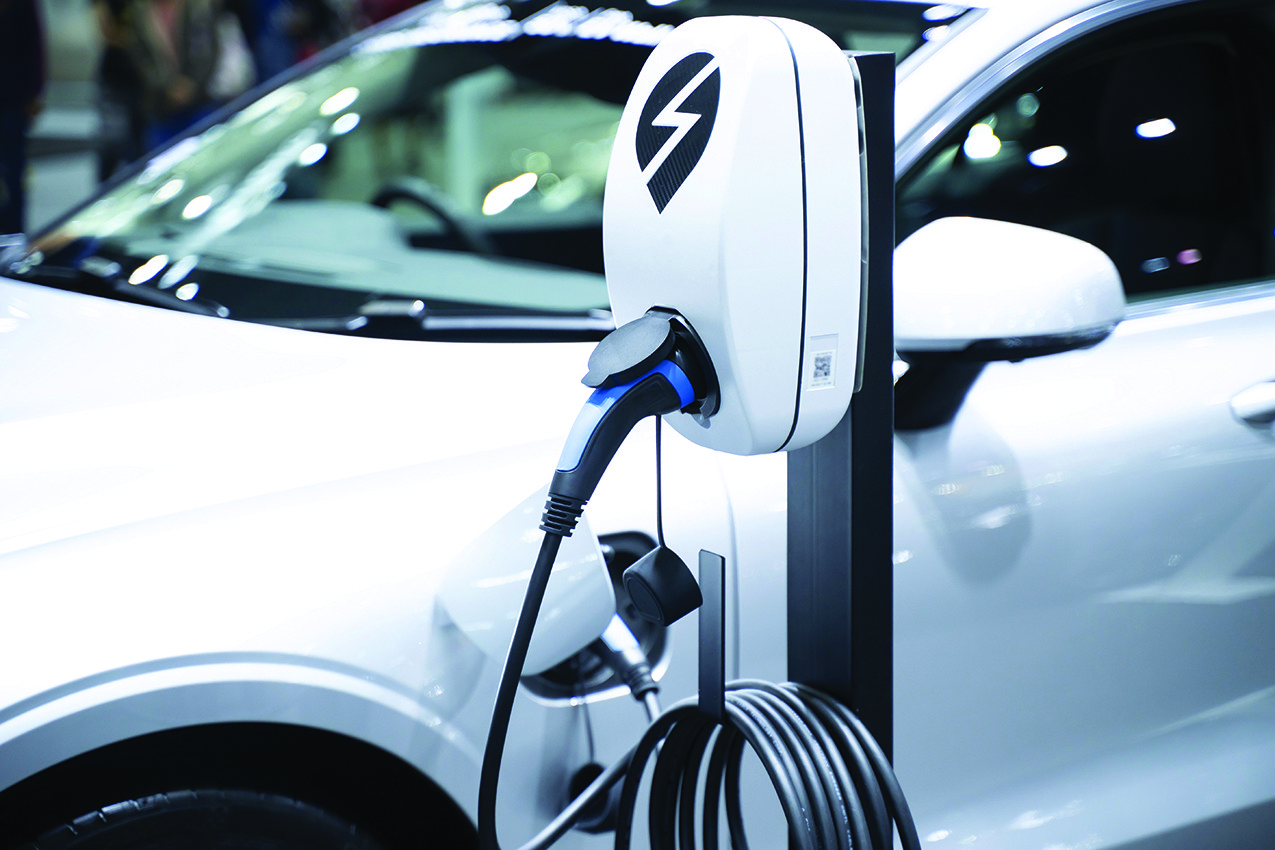What to Expect from EV Charger Installation

Amid the nearly 285 million vehicles on the road, there are now 1.7 million electric cars in operation in the United States, according to Experian. That figure only stands to grow as tax incentives, environmental perks and other benefits to driving electric vehicles expand.
Now that more EVs are on the roadways, drivers need ready access to charging stations to power their rides. Although there has been an influx in stations available in shopping centers and rest stops, nothing beats the convenience of an EV charger at home.
There are things homeowners need to know about EV charger installation. EV charger installation is a job best left to a qualified electrician because of its complexity.
There are three EV chargers available today: level one, level two and level three. The higher the number, the faster the charging and the more energy required. According to PC Mag, most home installations involve level two chargers. Compared to level one, which plugs into a standard wall outlet (120V) and can take 10 hours or more to charge a vehicle, level two cuts that charging time in half.
Due to the extra energy draw, level two chargers often require adjustments to a home’s electrical system, which likely will include installing dedicated circuits and outlets.
New York State Charge NY says that level two chargers use higher voltage between 108 and 240V. They can provide around 20 miles of range in an hour, and after three to six hours most EVs are fully charged.
MotorTrend magazine says most homeowners will spend between $1,150 and $2,750 to purchase and install a level two charging station. Qmerit, a nationwide specialist in installing EV charging equipment, says the charger itself can cost between $350 and $750, and the installation varies depending on the electrician. If extensive work needs to be done to the electrical panel, particularly in older homes with outdated circuitry, it can cost more.
Replacing wires also may require working with a local utility company, which extends the installation timeline. It is wise to be prepared for such circumstances.
When shopping for an EV charger, consider these features.
EV CHARGER FEATURES
LONG CORD
Choose a cord that is 20 feet in length or longer for greatest flexibility and reach, whether in the garage or outside. Also, if a future EV has a charging port in a different location than a current vehicle, a longer cord will reach it.
CERTIFICATION
Ensure the chargers are UL- or ETL-certified, which means they meet industry safety standards.
WI-FI
Consider whether Wi-Fi connectivity is desired. Smart chargers can track energy usage or allow you to program charging times remotely.
HARDWIRING
Having the charger hardwired could be a smart idea. Qmerit recommends hardwiring all wall chargers to prevent nuisance tripping, which occurs when a ground-fault circuit-interrupting breaker on both the electrical system and charger can cause the circuit breaker to cut power unnecessarily.
QUALIFIED INSTALLER
Do your homework to find a reputable electrician who will be qualified to install an EV charging station. Choose an electrician who will pull permits and do load calculations to ensure everything is in compliance with local codes.
EV charging stations can be installed at home for convenience and faster charging times.
-Metro Creative Connection







